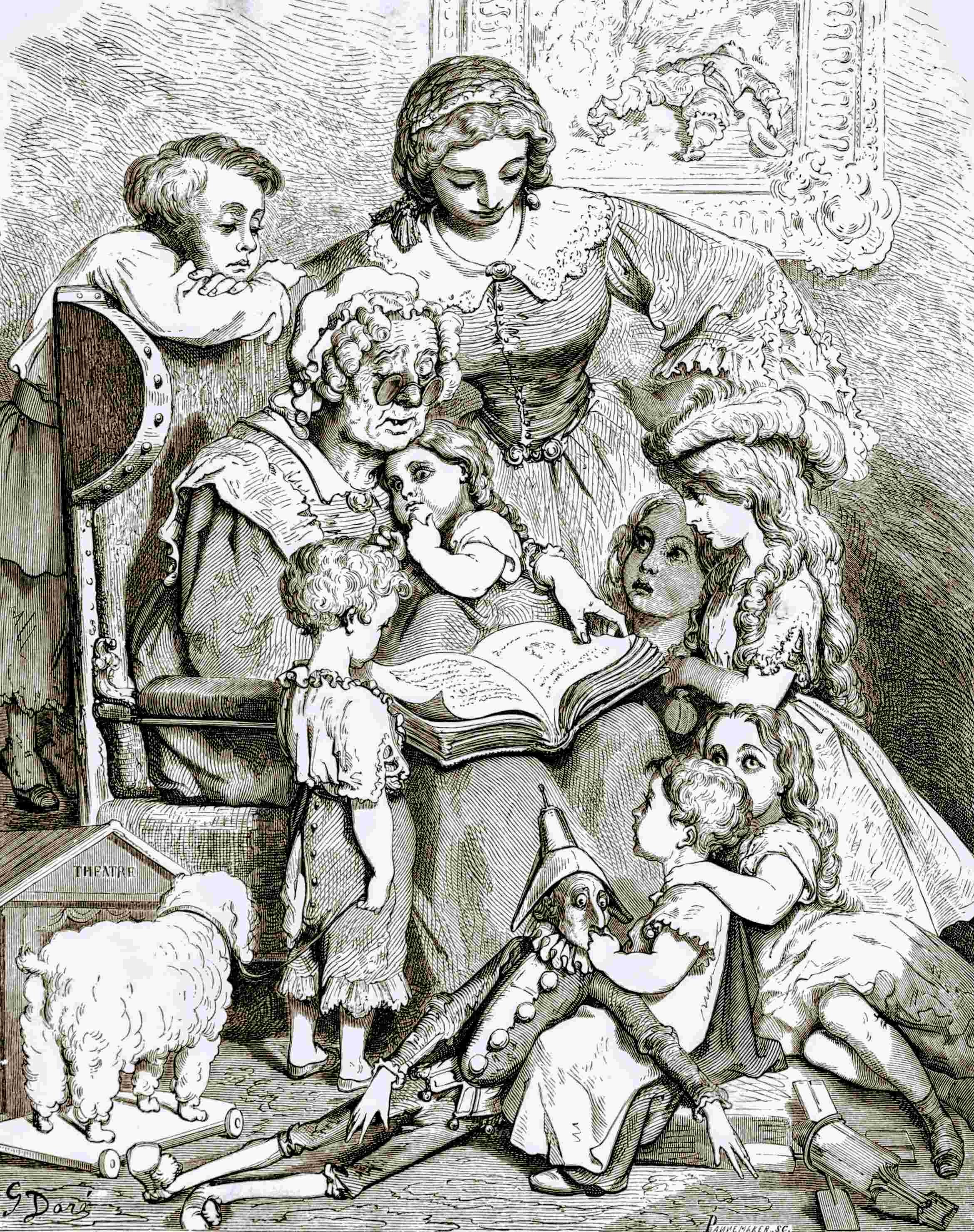Commonly, "early literacy" refers to the language and communication skills kids develop in the preschool years. Babies and toddlers who have been exposed to plenty of talking and reading start school with much better chances of success. The UNC Child Development Institute edited a list of good practices that parents and teachers can use to help young children's literacy development. Discover UNC's 10 tips.
1. Get chatty
Have a lot of conversation with your babies and toddlers, even if they seem to have little to say themselves.
2. Be a commenter
Give constant descriptions of the objects and events around you and your child.
3. Mix it up
Mix up your words by using different verbs and grammatical structures.
4. Label it
Provide your infants and toddlers with a deluge of (new) names and words.
5. Tune in
Look for activities or events that may be be interesting to your child. When your baby is captivated by something, comment about it.
6. Read interactively
Read books everyday with your children. Tell the story, talk about the pictures, ask all kinds of questions.
7. Read it again
Read the same books again and again. Infants and tots are able to recognize complex phrases very early. Much early than you may think.
8. Props
Introduce new objects to your children as early as possible, giving them all possible descriptions and explanations.
9. Listen to and make music
Listen to music and sing along with the radio and play instruments with your children. You do not need exceptional musical talent to bond with your child and boost early learning.
10. Sign it
When you talk to your child, use gestures to communicate, like waving goodbye, clapping or pointing to objects. Those are critical elements of language learning.
From the first days newborns begin to develop their literacy skills and their parents, grandparents, caregivers and preschool teachers play a key role along this essential process.

Picture: Mother Goose reading written fairy tales, by Gustave Doré (Wikimedia Commons)

